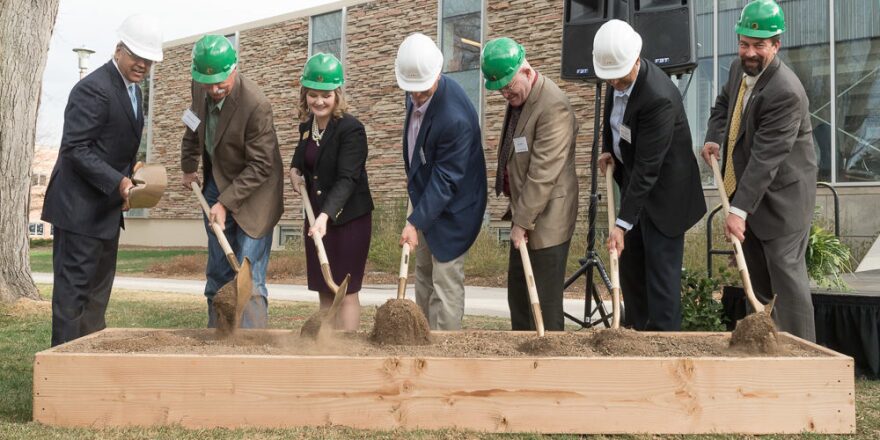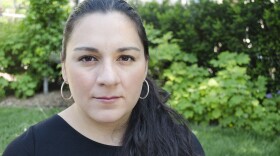Colorado State University’s campus in Fort Collins will soon be home to a livestock slaughter and teaching facility paid for by JBS USA, a Greeley-based meatpacker.
The building -- called the JBS Global Food Innovation Center -- will house the university’s meat science program, complete with cattle and poultry processing, a multi-level auditorium and a cafe. Part of the funding will come from a $12.5 million dollar gift from JBS to support its construction and ongoing educational programs.
The center is planned to be built directly south of the existing Animal Sciences building, a short walk from the university’s Morgan Library. Part of the facility, where students and professors will be studying animal handling techniques, will be designed by renowned CSU animal welfare professor Temple Grandin.
CSU officials are in the process of selecting an architect for the project, and say construction could start as early as this summer. The U.S. Department of Agriculture inspects all facilities where livestock are slaughtered and processed.

The new center has been on the wish list of CSU’s agricultural sciences department for years. Meat science students currently work out of a smaller space, and no slaughter takes place on campus.
“We do not currently have a space on- or off-campus for students to learn these processes first-hand,” says Kevin Pond, head of CSU’s Department of Animal Sciences. “For educational purposes, the full range of animal handling and processing will take place in the facility.”
Similar slaughter and animal handling teaching facilities are common among the country’s land grant universities, Pond notes. Universities in Wisconsin, Nebraska, Kansas, Texas and California all house educational livestock slaughter plants.
“This facility is a teaching and demonstration facility, not a production facility,” Pond says. “As such, processing will take place on a limited scale.”
CSU students already hold semi-regular meat sales, sold under the brand Ram Country Meats.
The new center further solidifies the university’s relationship with the world’s largest meatpacking company. JBS and its subsidiaries have donated gifts valuing millions in the past -- more than $500,000 for an endowed professorship and a feedyard valued at $2.5 million.








